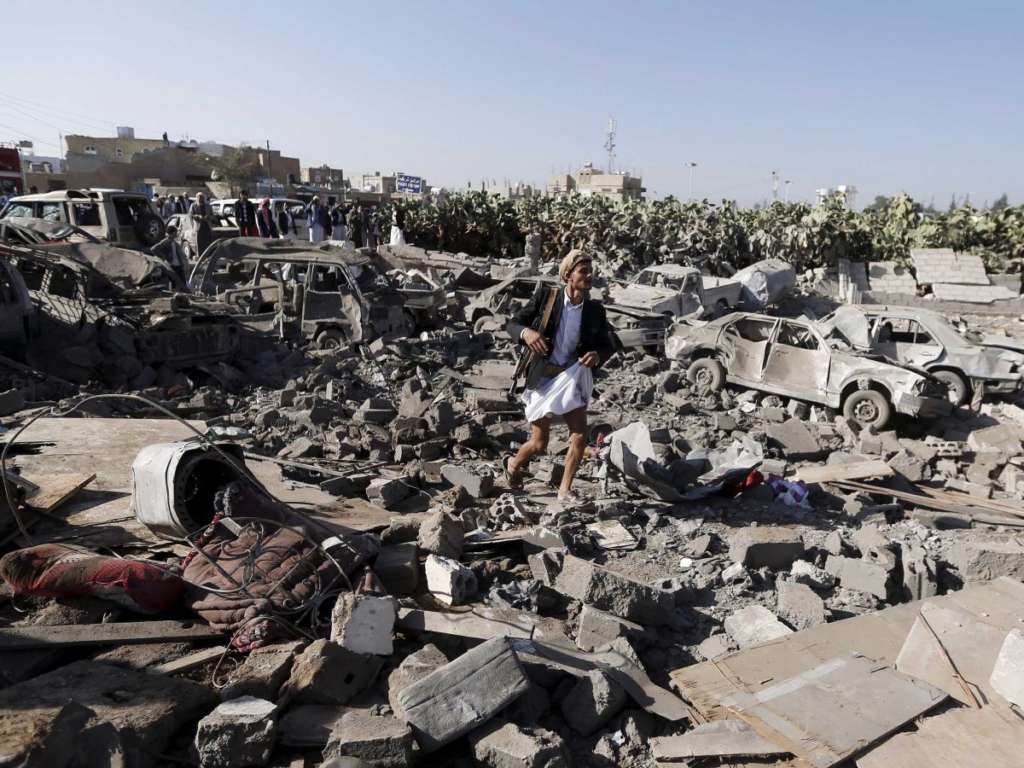London, Geneva- The Dutch project to internationalize the investigations in Yemen, which was proposed by Human Rights Council in Geneva, has ended with the formation of a group of international and regional prominent experts to investigate claimed violations of human rights that have been made in the war in Yemen.
The Council’s call on Friday, following the so-called “Dutch Project” at the beginning, resulted in forming an official UN investigation committee.
The committee, which is supposed to be formed before the end of 2017, won’t be like that of Syria and North Korea, according to the German New Agency.
The diplomatic efforts of Saudi Arabia have managed to persuade the European countries and other countries that support the Dutch draft resolution to withdraw its draft resolution.
The Arab draft resolution, which supports the Yemeni National Commission for Inquiry, was adopted, and the High Commissioner will form a group of international experts in the field of human rights, according to SPA.
The resolution adopted by the United Nations Human Rights Council at its current 36th session on Friday is an extension of the Council’s 33rd session issued in September 2016.
The adoption of a single resolution based on the Arab project is an advanced step as a result of the efforts made by Saudi Arabia at the bilateral and multilateral level with European countries, USA and Canada.
Yemeni Minister of Human Rights Dr. Mohammed Askar told Asharq Al-Awsat that the difference between the Dutch project, which was withdrawn, and the consensus on Friday is that the Dutch project is based on three axes: to send a commission of inquiry into allegations of human rights violations and war crimes in Yemen, to let the commission be under the second article on international inquiry and to submit the report of the Commission of Inquiry to the Human Rights Council, the United Nations General Assembly and the High Commissioner for Human Rights.
Whereas the Arab project, which was approved Friday, is based on four pillars, first of which it doesn’t investigate but observes the situation, supports the national inquiry commission, sends its report to the High Commissioner only and was adopted under the 10th article on providing technical support for the investigation process.
For his part, Yemen’s Deputy Premier and Minister of Foreign Affairs Abdulmalik al- Mekhlafi thanked and expressed gratitude for the Arab group and the delegations that directly contributed in reaching a consensus.
